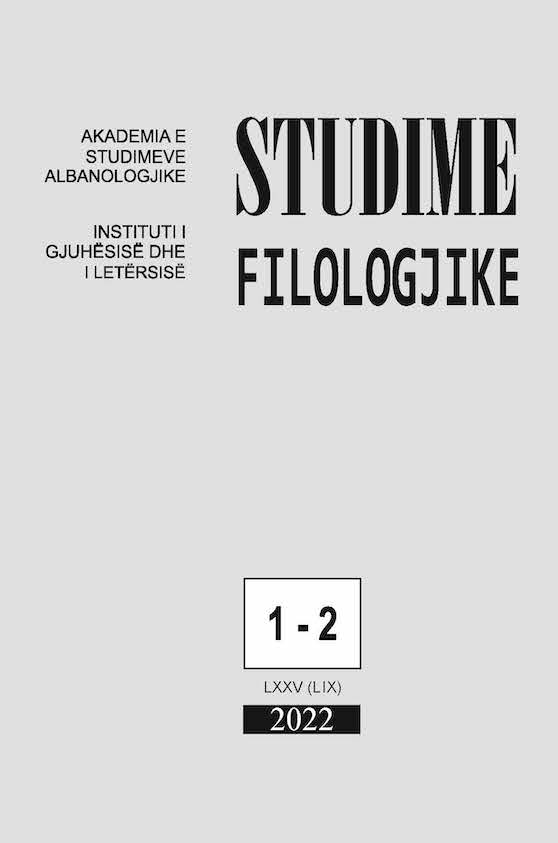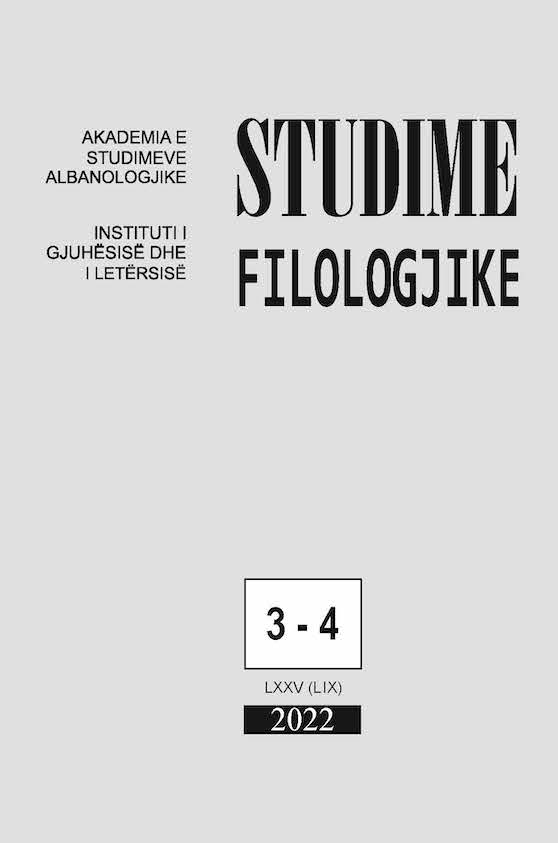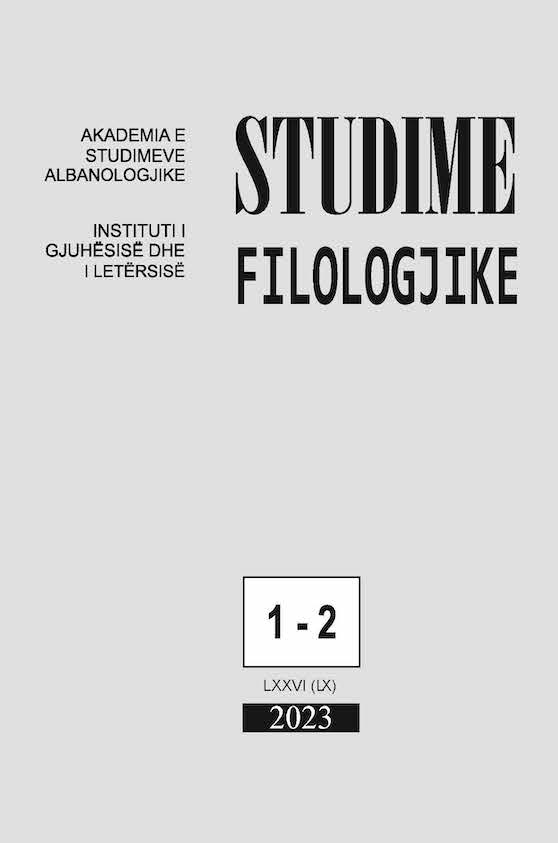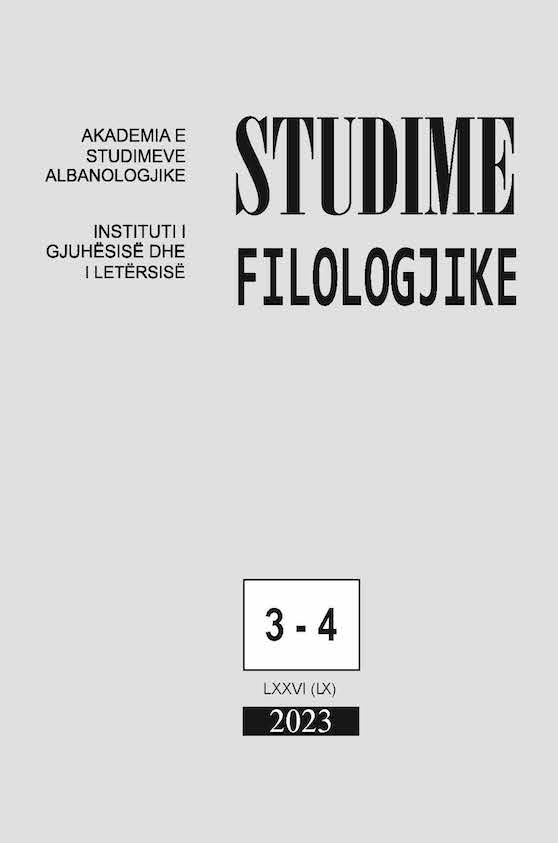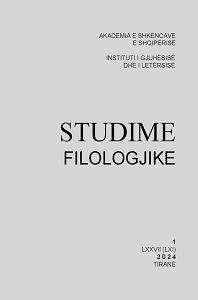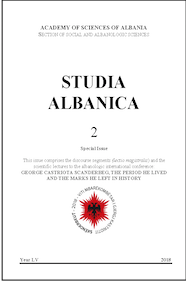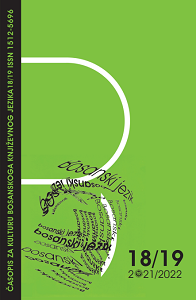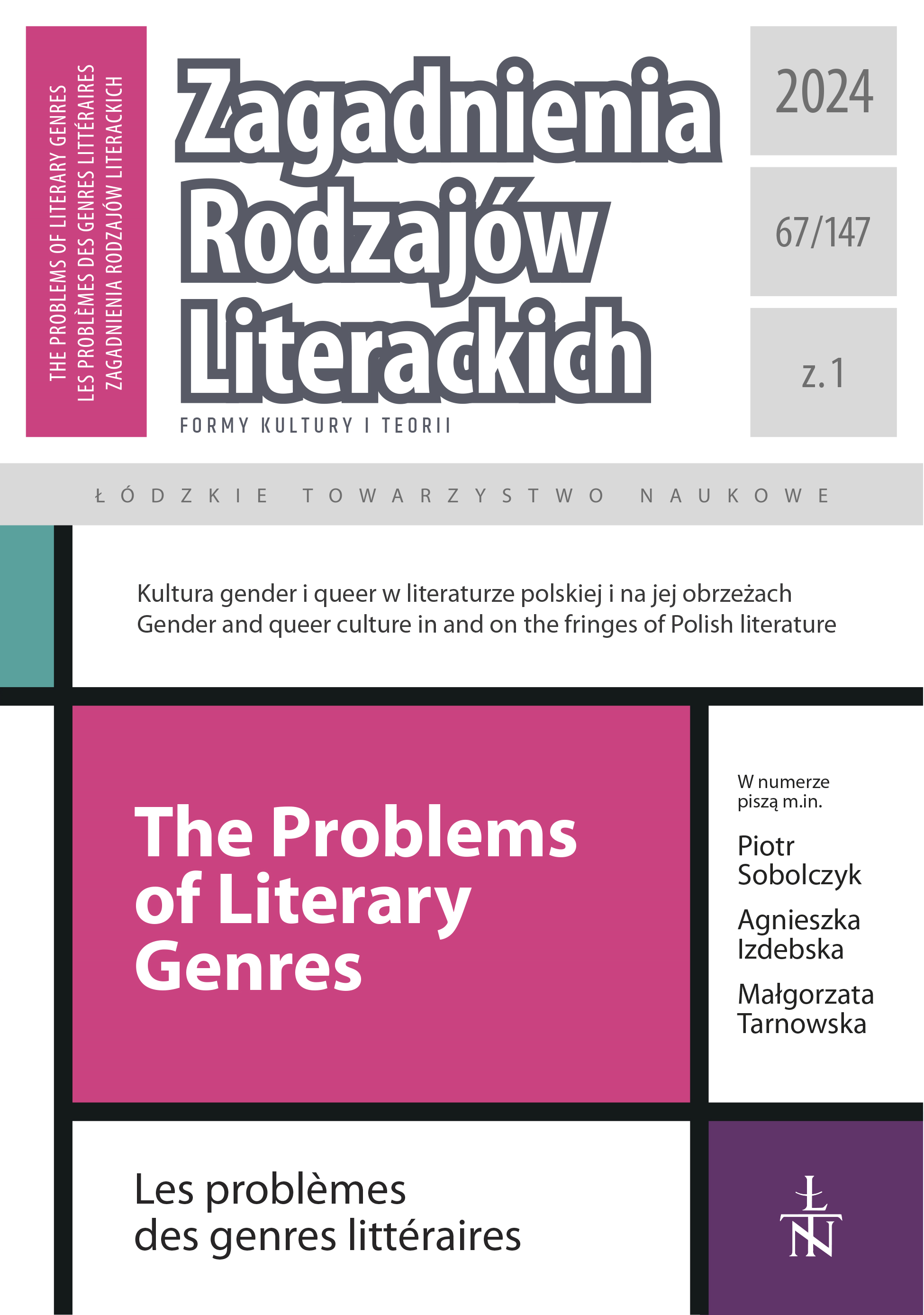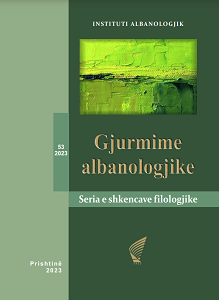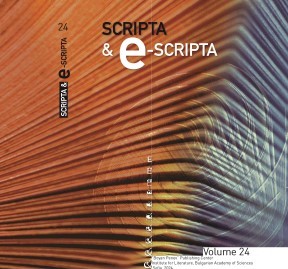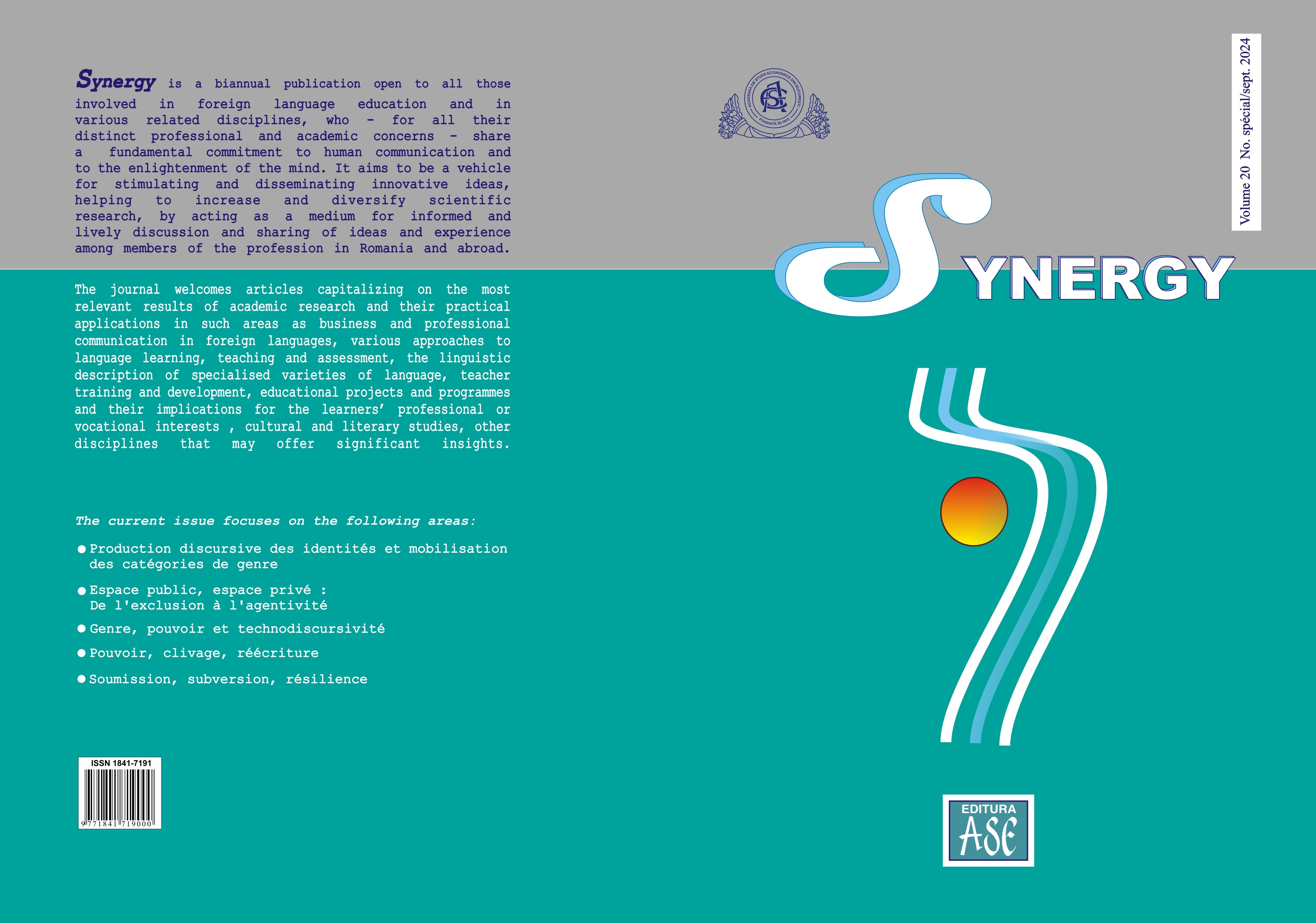Author(s): Laura Smaqi / Language(s): Albanian
Issue: 03-04/2023
Faik Konica's prose, “Doktor Gjëlpëra zbulon rrënjët e dramës së Mamurrasit” recalls in the title a real historical event, the murder of two American citizens in Mamurras, on April 6, 1924. In the academic literature, there have been many discussions regarding the genre of this work, in almost all cases studies converge on its setting as an unfinished work. This question remains part of the discussion, for many reasons, among the most important of which is the need to rely on the parallel reading of the artistic prose and the non-literary articles of the "Dielli” (The “Sun") newspaper. Seen from an isolationist point of view, out of context, “Doktor Gjëlpëra” focuses on the missionary character on a double scale, as an individual being and as a doctor. Medicine fundamentally, is a mission for the individual who dedicates himself to it, and at the same time, the literal meaning with the figurative one can be interwoven quite naturally in a doctor character. In terms of the missionary character, this work precedes the characters of the literature of the late 1920s and 30s, who will have major goals to influence the emancipation of the people, affront to the primitive mentality. The connection between the event of Mamurras and the figure of "Doktor Gjëlpëra", or between the publicist Konica and the writer Konica, can be found in the columns of the "Dielli"’s newspaper. From April to December 1924 Konica will write repeatedly about this event, accusing and expressing his protest. Also, the double commitment of Konica to influence as much as possible through the language of journalism and literary text, makes the real and the symbolic expression have hard to define borders, especially during April-May of 1924. This is because, in parallel with the direct meaning that Gjëlpëra platform has on health education, in a symbolic sense, health means progressive, positive western mentality and the disease means backwardness. Diagnosis is seen as a necessity for healing. The importance is placed on prevention, on the cause and not the effect. In the prose structure, the union, the interweaving of a story about the individual missionary, about un real, non-abusive and charlatan medicine and the Albanian life of the time, the mentality of the people can be clearly distinguished. Cross-readings between literary prose and journalistic articles inevitably raise the following hypotheses: the work was written in a period earlier than April 1924, and the title was set exactly in April 1924, or in the period of April it is written not all the prose, but parts of it that help unify the work with the title, especially the part of Kamorra.
More...
